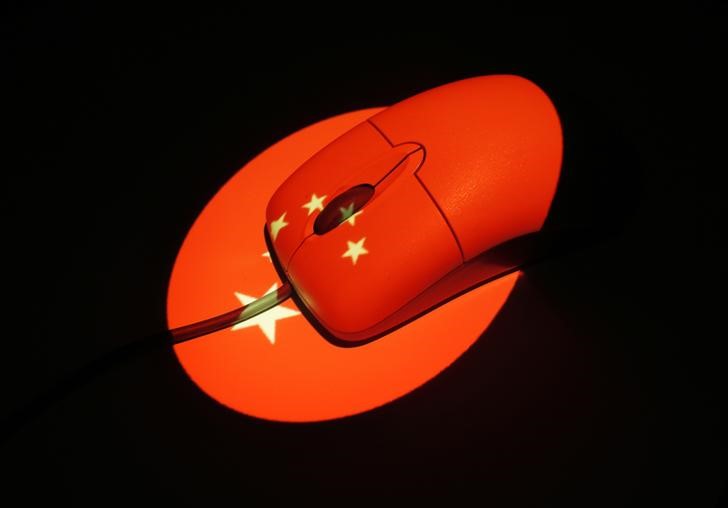(Bloomberg) -- China’s consumer inflation surged in March as food prices were driven higher by an outbreak of African swine fever, while a rebound in factory-gate prices signaled further stabilization in the economy.
- The consumer price index rose 2.3 percent last month from a year earlier after gaining 1.5 percent in February, while factory price growth accelerated to 0.4 percent, according to the National Bureau of Statistics. That compares to estimates of 2.3 percent and 0.4 percent respectively.
Key Insights
- Pork prices, a key element in the country’s CPI basket, rose 5.1 percent in March, the first increase after 25 months of decline. That alone drove the CPI to rise 0.12 percentage point, the NBS said in a statement
- Over a million hogs were culled in an outbreak of African swine fever and pig feed output has dropped
- Rebounding factory prices signal a further firming in the nascent economic recovery
- “The recovery in momentum has come back,” Betty Wang, senior China economist at Australia & New Zealand Banking Group, told Bloomberg TV, adding that the economy still needs support. “We do not think the PBOC will shift its stance towards more tightening soon.”
- Rising food prices and a lower base will likely send the CPI higher again in April, China International Capital Corp economists led by Eva Yi wrote in a recent report
- Deflationary risks remain in spite of the pickup in factory-gate prices, as tax cuts and a higher base will continue to weigh on growth, CICC economists said
Get More
- China’s economy will still flirt with deflation this year with producer prices likely to contract in the second half, according to economists
- The core consumer price index, which excludes food and energy, stayed flat at 1.8 percent in March
(Update to add more details.)
